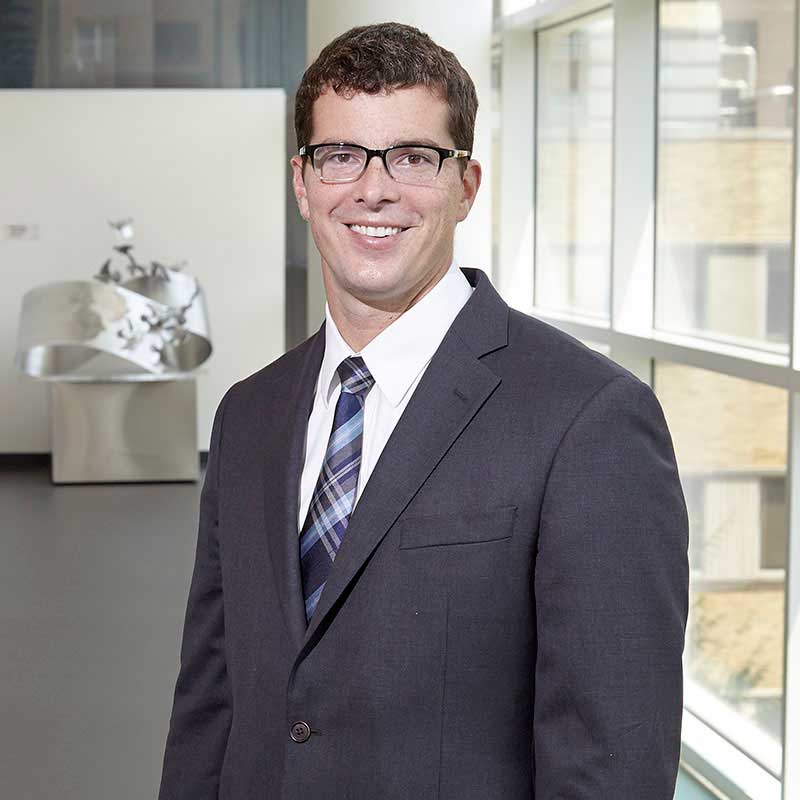The Ray C. Anderson Center for Sustainable Business at the Georgia Tech Scheller College of Business is pleased to share a Q&A with Robbie Moon. Moon, Thomas Williams - Wells Fargo Professor in Management and associate professor of accounting, is a member of the 2023-24 Faculty Educational Innovation Community.
Led by Professor Ravi Subramanian, the initiative provides support to faculty for implementing sustainability into their courses and pedagogy. The initiative aims to serve students interested in acquiring sustainable business competencies in Scheller programs, from undergraduate to graduate and executive education.
Faculty member:
Robbie Moon
Thomas Williams - Wells Fargo Professor in Management Associate Professor, Accounting
In which course did you infuse sustainability as a member of the 2023-24 cohort of the Faculty Educational Innovation Community?
My infusion involved the development of a brand new class titled “Accounting & Reporting for Sustainable Business.” The elective is listed as MGT 4803 & 8803 (special topics) and will be offered for the first time in Fall 2024.
Describe your sustainability background in your teaching and research.
For several years, I taught the core accounting class in the Full-time MBA Program. I started with a brief discussion of sustainability reporting, which culminated in an entire module on sustainability the last time I taught the course, in 2022. This module covered several cases related to sustainability reporting and included a guest speaker. From a research perspective, I’ve done some research on whether a firm’s reputation for being “socially responsible” affects the nature of news coverage. I have ongoing work examining how analysts discuss sustainability efforts in their coverage of firms.
How will you infuse sustainability in the elective accounting course?
As I mentioned, this is actually a brand new class completely devoted to sustainability,
which was developed through a grant from Sustainability Next. The grant was for a new
undergraduate course on sustainability reporting. The grant from the Center supports an expansion of this class to a graduate offering. Specifically, the graduate version of the course will include additional management-focused content, like case studies and maybe a simulation exercise, that relate to sustainability reporting.
Why does sustainability infusion matter?
Courses like the one I am developing have become increasingly common across different universities, which I think evidences the demand for an understanding of how businesses provide information on nonfinancial matters to various stakeholders. Organizations are providing more and more metrics related to sustainability efforts, and I think this course will give our students an understanding of these metrics, including their strengths and weaknesses, as well as a great grasp of the current reporting landscape.
